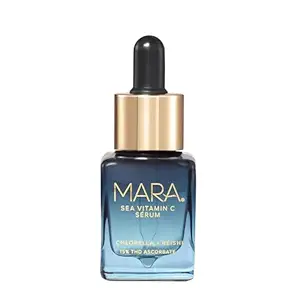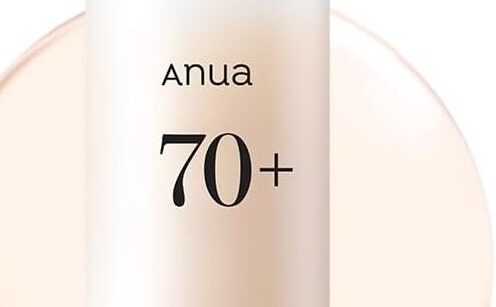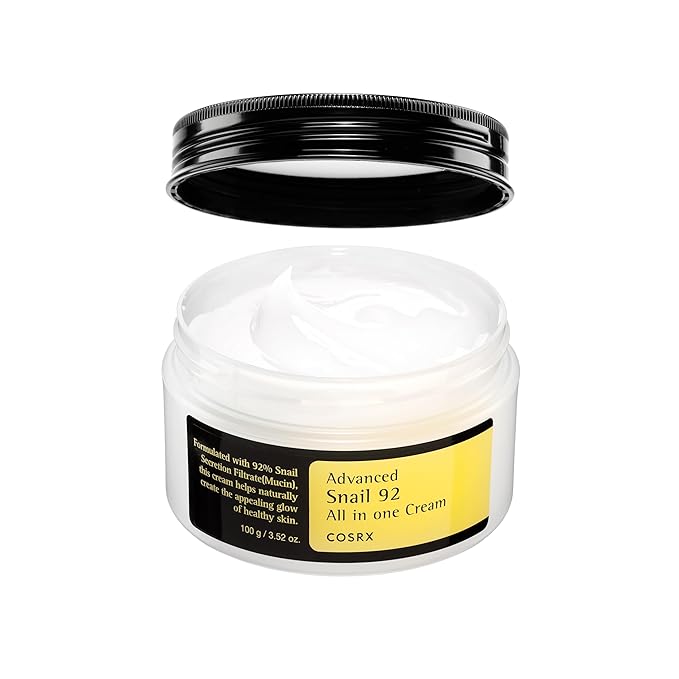Nonprescription Acne Treatment: Which Products Work Best?
Best skincare for acne Acne might be frustrating, but you’re not alone. A well-chosen, consistent skincare program employing OTC products can help treat acne. How do you choose from so many options? This clinically based guide will help you understand active substances and create a routine for your skin.
Research about the best skincare for acne
Treating acne starts with understanding it. Hair follicles clog with sebum and dead skin cells, causing acne. This environment promotes C. acnes bacteria, which causes inflammation, pimples, blackheads, and cysts. Some nonprescription treatments tackle these issues.
Active Ingredients in Acne Products
Choosing an effective product depends on the ingredient label. Most frequent and proven active ingredients:
One beta-hydroxy acid (BHA) that exfoliates inside pores is salicylic acid. It works wonders for clearing clogged pores and clearing out whiteheads and blackheads. Check for it in spot treatments, toners, and cleansers (0.5% to 2%).
Benzoyl Peroxide: This component helps eliminate dead skin cells and excess oil while also killing bacteria that cause acne. For inflammatory acne (red, swollen pimples), it works wonders. Usually, strengths fall between 2.5% and 10%. Best skincare for acne
Similar to lactic and glycolic acids, alpha-hydroxy acids (AHAs) exfoliate the skin’s surface, enhancing its texture and reducing dark patches left by acne. Compared to BHAs, they are less effective for deep blockages.
Retinoids (Adapalene): Previously exclusively available with a prescription, adapalene (brand name Differin) is a potent retinoid. In order to keep pores from clogging, it speeds up cell turnover. It is regarded as the most effective treatment for chronic acne.
Niacinamide: A type of vitamin B3 that enhances the function of the skin’s barrier, reduces inflammation, and controls oil production. It is mild and effective on delicate skin. Best skincare for acne
Choosing Best Skincare for acne
Your major acne type and skin sensitivity should guide your decision.
Use a salicylic acid cleanser or toner first for coalescent acne, which includes blackheads and whiteheads.
The best option for red, swollen pimples is frequently benzoyl peroxide. To reduce irritation, start with a lesser concentration (2.5–5%).
A very good treatment for persistent, stubborn acne is adapalene gel (0.1%). Results may take four to eight weeks; therefore, patience is needed.
Niacinamide is a great mild choice for sensitive and acne-prone skin. Exfoliation can also be achieved using a lactic acid product without being very dry.
For dark spots and acne scars, use a treatment that contains niacinamide and an AHA (such as glycolic acid) to help reduce post-inflammatory hyperpigmentation.
Appointments at Mayo Clinic: Best skincare for acne
Although the nonprescription choices in this book are the main focus, severe or persistent acne may necessitate expert assistance. Dermatologists at prestigious clinics such as the Mayo Clinic can offer individualized treatment regimens that include sophisticated procedures, oral antibiotics, prescription-strength topical medicines, or hormonal therapy. Make an appointment with a dermatologist if your acne is cystic, leaving scars, or does not go away after 10 to 12 weeks of utilizing over-the-counter medications.
Skin Care Tips When Using Acne Products
Correct use of active substances is essential to prevent harm to your skin’s protective layer.
Take Your Time: Launch a single new product at a time. Start by using it every other day to observe the effects on your skin.
Less is More: Excessive product use or simultaneous use of multiple active ingredients might result in peeling, redness, and irritation.
Don’t Forget to Moisturize: Hydration is essential for even greasy, acne-prone skin. To maintain the integrity of your skin barrier, look for moisturizers that are non-comedogenic and oil-free. Best skincare for acne
Sunscreen is essential since it contains ingredients that increase your skin’s sensitivity to the sun, such as retinoids and AHAs. It is imperative that you use a daily, non-comedogenic sunscreen to protect your skin and stop dark spots from getting worse.



